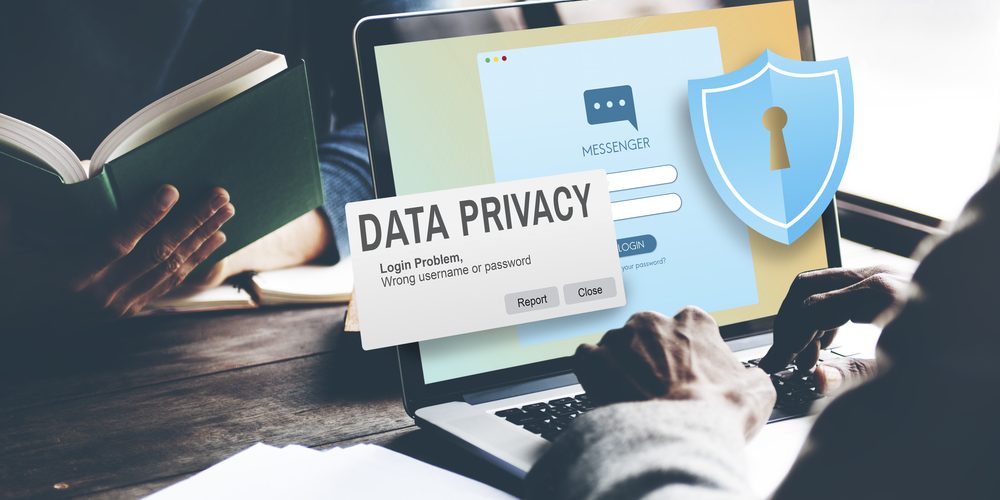The recent Facebook data breach scandal, where the social media giant was fined £500,000, the maximum amount possible, by UK regulators highlights the growing problem our society faces today in terms of online data privacy. According to experts from Firewall Technical, data breaches happen every day, despite stringent regulations and improvements in data security technologies. And as we migrate to the digital space and entrust our personal information online, we have to be more vigilant and take necessary steps to avoid being victimized by cyber-criminals.
Here are essential things you should know to keep your private data protected:
1. Keep your browsers updated
Whatever web browser you use, make sure that you keep it current. As your gateway of the Internet, web browsers undergo continuous improvements in their data security protocols. These updates are vital in preventing potential data breaches.
2. Always ensure you use a secure connection
When surfing the Internet, especially when accessing emails or social media channels, make sure the address bar starts with the prefix “https” or there’s a padlock icon before the web domain address. Secured browsing helps prevent digital eavesdropping.
3. Enable two-step authentication
An added layer of security is always better. Many online services, such as electronic banking accounts, Facebook, and Gmail, now offer two passwords when logging-in or performing specific functions. The most common two-step verification process is a randomly generated digit that is sent to your mobile phone. If this security option is available, it is highly recommended that you enable it.
4. Setting up an email address specific for registering to social networks
Many sites and apps allow the use of email or social media accounts for registration. However, this puts your personal information at risk since you share a lot of information on these accounts. To protect your data, you can set up an alternate email address using a totally different identity. You can designate this email address for site registrations.
5. Don’t forget to clear your browser history
If you’re wondering why the ads that pop-up in your browser seem related to your Google searches, that’s because these ads place web-tracking files called cookies. These cookies can remember the sites you visit. At the end of a session, you can manually clear browsing history or install software such as CCleaner that automatically deletes old cookies.
6. Avoid over-sharing personal details on your social media profile
Many social media users tend to share a lot of sensitive information on their profiles, thus becoming willing victims of cybercriminals. As much as possible, avoid sharing personal data on your social media profiles, such as your phone number, birth date and email address. If someone needs this data, wouldn’t you prefer it if they ask you personally?
7. Consider keeping your social media channels private
Unless you are a celebrity or simply want to broadcast to the entire world what happens to your life, it is best to keep your social network activity available only to people you trust, such as your friends or family. Check the privacy settings of each social network account you have to see who can view your activities and what extent of data they can access. The more you share personal details on social networks, the more you become target of data breaches.
8. Be careful using public wireless networks.
As much as possible avoid connecting to unsecured wireless networks. If it is inevitable, make sure to practice good Internet hygiene. Also avoid online shopping or electronic banking transactions while on free WiFi. If you frequently use unprotected WiFi, it is best to install antimalware software or other privacy-protecting browser extensions. Better yet, you might want to invest in a VPN to keep your data secured whenever you are outside.
9. Send text messages and make calls securely.
There are apps and software for encrypting text messages, instant messages and calls. These programs can be installed on mobile devices and computers. For example, RedPhone is an Android-compatible app that provides text message and call encryption. Meanwhile, Ricochet guarantees anonymous instant messaging for optimum security.
10. Set up uncommon answers to generic password security questions.
Most of the time, password security questions would ask generic queries like where you were born or your mother’s maiden name. These questions are supposedly set up to prevent unauthorized access to your accounts. But ironically, it’s so easy to scour the Internet for answers to these easy questions. So to better protect your account, you could make up the answer instead. This way, you’ll outsmart even the most determined hackers.
